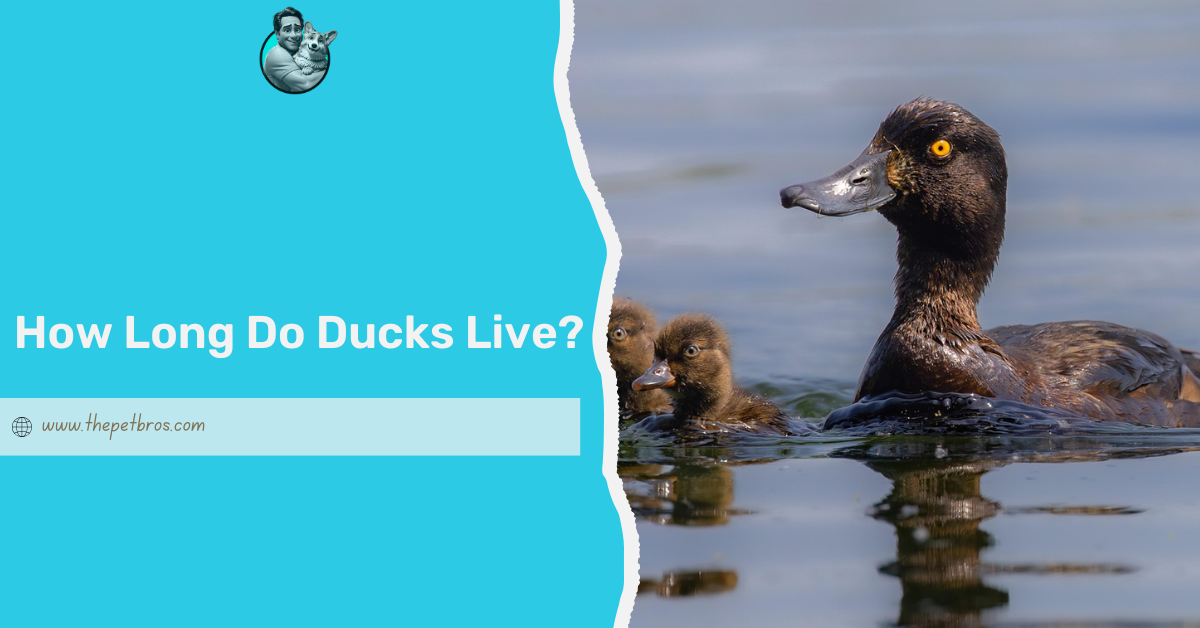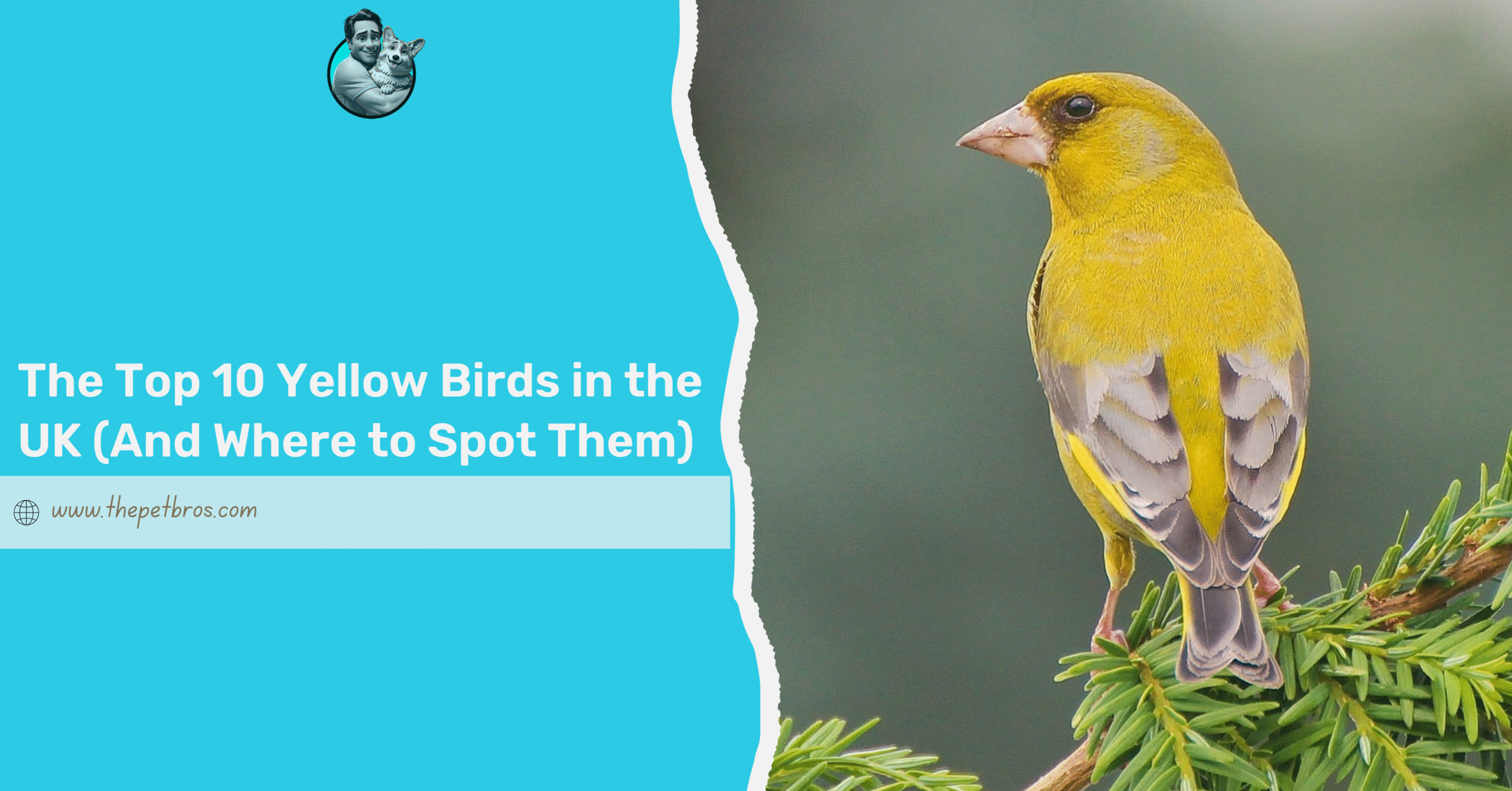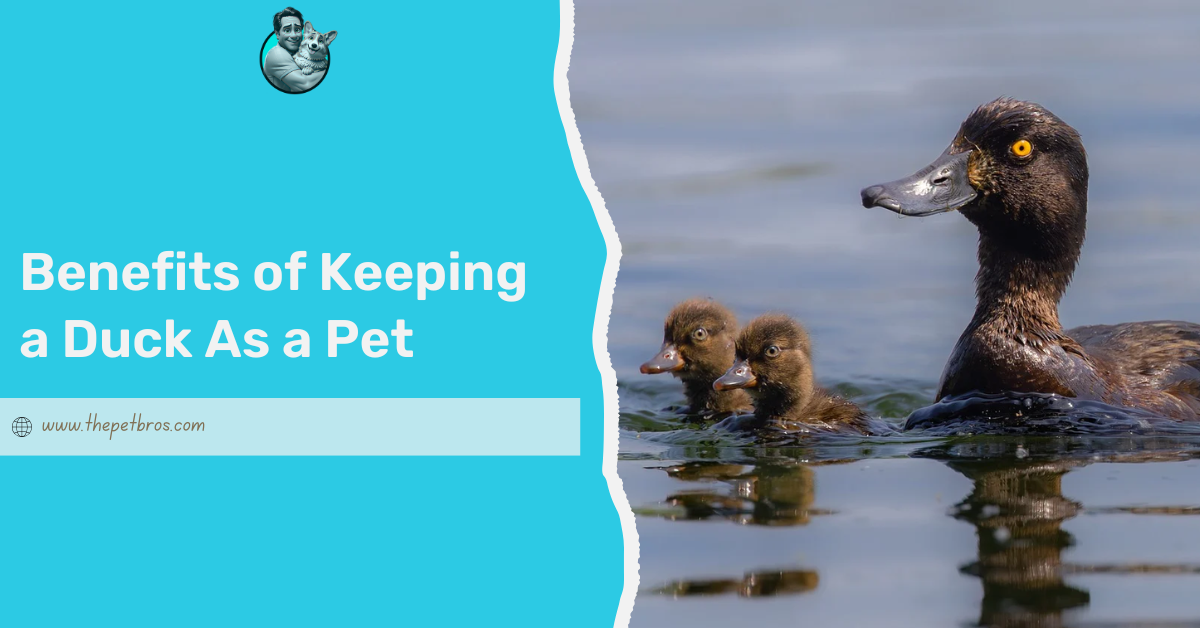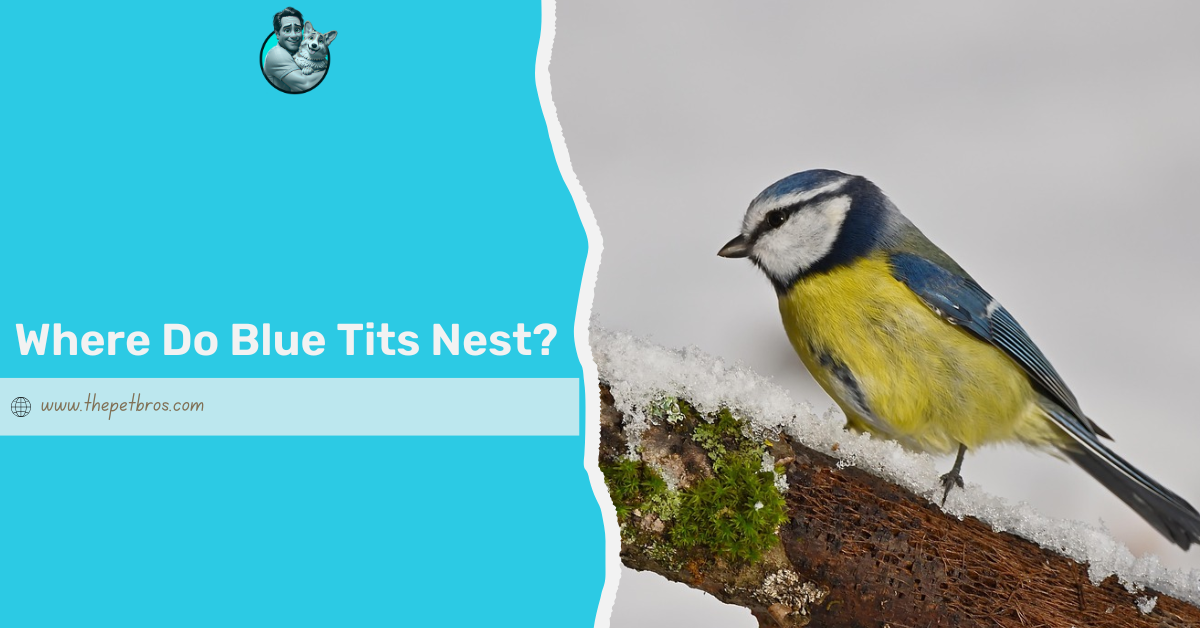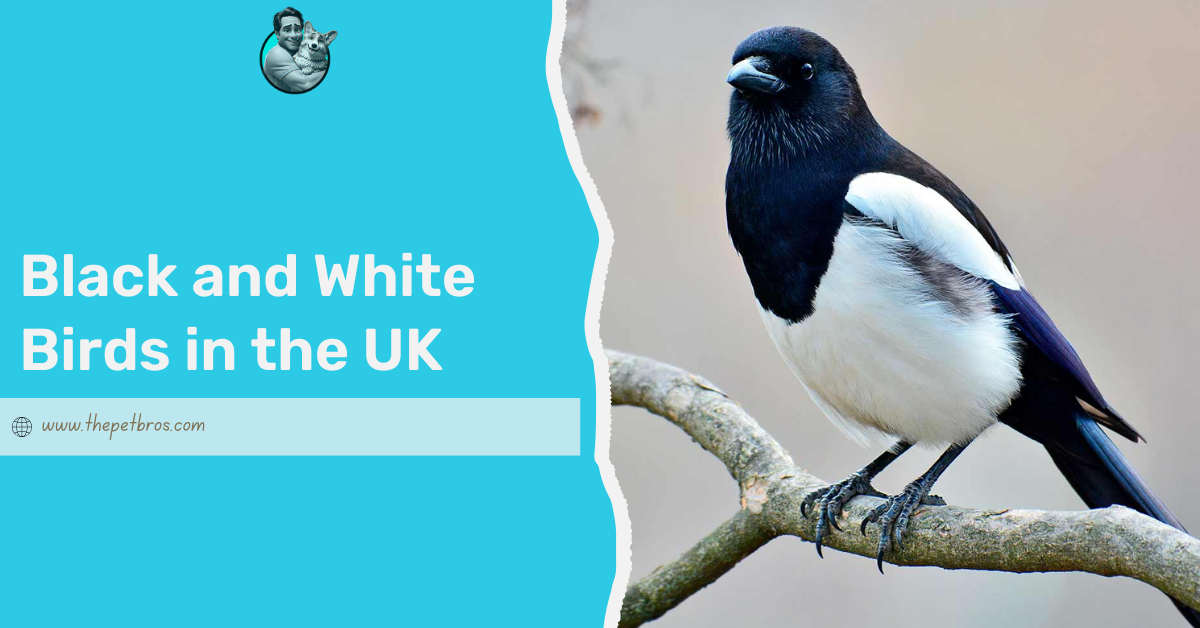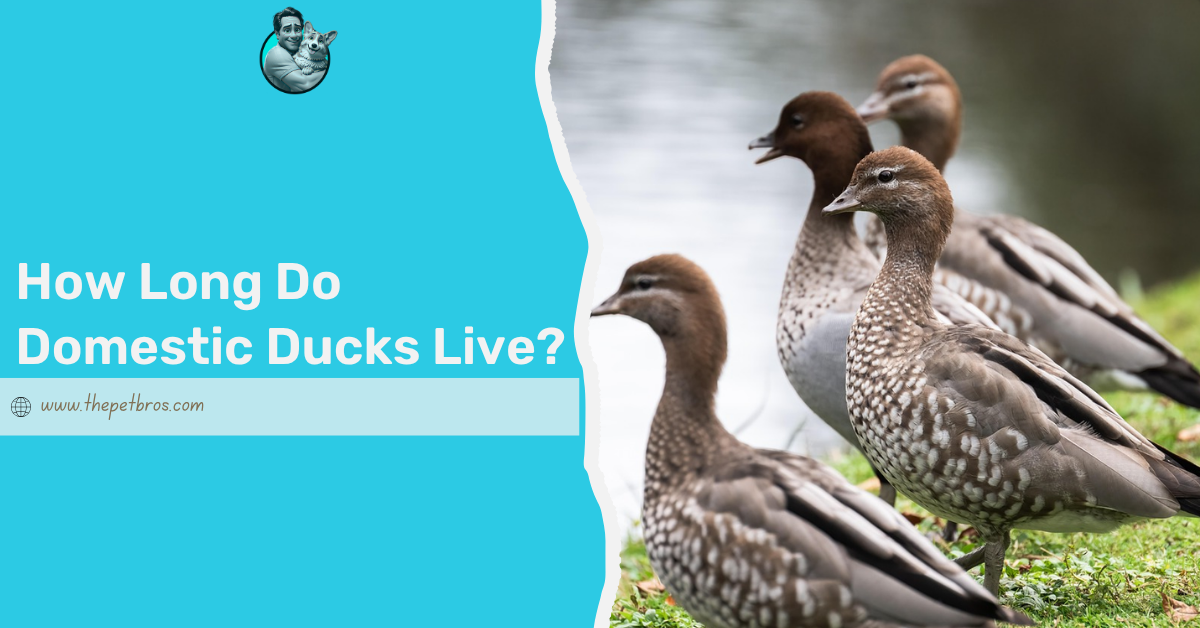A duck’s lifespan is a common question among duck owners and those considering raising them. Now, the answer to the question “How long do ducks live?” isn’t straightforward because it depends on several factors. However, the most important of all the factors is the breed of the duck. And when it comes to duck breeds, they can be domestic or wild.
However, regardless of the breed, there are several things you can do to extend your duck’s lifespan. This article will walk you through the different types of ducks, the factors that influence their lifespan, and what you can do to help your ducks live their best, longest lives possible.
So, How Long Do Ducks Live?
Unlike other animals with a set lifespan, ducks are a little different. And that’s because many factors affect their longevity. For example, ducks are who cats claim to be when it comes to cleanliness; they love their environment spotless and require constant clean water to thrive. Not only that, but weather conditions also play a crucial role in their lifespan.
So, to accurately predict the lifespan of your ducks, we must first explore the different types (or classes, as the case may be) of ducks and how their lifestyles influence their longevity.
Classification of Ducks
Although ducks can be classified by their scientific group, habitat, feeding behaviour, or breed type, this article will focus on domestic and wild ducks.
1. Domestic Ducks
Domesticated ducks are primarily bred for farming, eggs, and meat production. So, keeping a duck as a pet allows you to enjoy these benefits. Domesticated ducks also live longer because they are cared for by humans, protected from predators, and enjoy regular meals in a controlled environment.
Some of the most common domestic duck breeds include:
- Peking Ducks are primarily raised for meat and can live 5-10 years under proper care.
- Muscovy Ducks are one of the longest-living domestic ducks, capable of living up to 12 years with a proper diet and environment.
- Khaki Campbells are a top egg-laying breed that can live 8-10 years.
- Rouen Ducks are often kept for ornamental purposes, with a lifespan of around 8-10 years.
2. Wild Ducks
As the name suggests, wild ducks live in natural habitats, migrating seasonally to find food and breeding grounds. Their lifespan also varies significantly due to predators, environmental conditions, and food availability. Now, let’s look at some of the well-known wild duck species:
- Mallards (Anas platyrhynchos) can live 5-10 years in the wild but up to 15 years in captivity.
- The Wood Duck (Aix sponsa) typically lives 4-7 years in the wild, sometimes longer in protected areas.
- Northern Pintail (Anas acuta) usually lives in the wild for 3-5 years.
- Teal Ducks (Anas crecca and others) are small, fast-flying ducks with an average lifespan of 2-6 years.
Now that you know the different types of ducks based on breed type, let’s discuss the factors that affect the lifespan of these various breeds.
Factors that Influence the Lifespan of Different Ducks
1. Environment
If your ducks are cramped in overcrowded sheds, know it is not ideal. Ducks require a clean and spacious environment to thrive because lacking clean water and proper ventilation can drastically shorten their lifespan. Also, overcrowded conditions and dirty water can lead to health issues like respiratory problems, swollen eyes, and even blindness.
Make sure your ducks have enough space to roam, swim, and preen. A good living environment is key to longevity.
2. Predators
Like all animals, ducks have natural enemies in the wild and human-controlled environments. Ducks face numerous natural enemies, including:
- Mammalian Predators: Foxes, badgers, mink, otters, stoats, and weasels prey on ducks and their eggs.
- Birds of Prey: Hawks, eagles, crows, and herons often target ducklings.
- Aquatic Predators: Pike, snapping turtles, and large fish can attack young ducks in water.
In the wild, ducks are constantly on the lookout for predators. Domestic ducks, while safer, may still face risks from animals nearby.
3. Diseases
Ducks are prone to various diseases, some of which can be deadly. In addition to these diseases, ducks have internal parasites regardless of whether they are domestic or wild. If left untreated, these parasites can lead to severe health issues in birds and humans.
Some of the most common diseases that affect ducks include:
- Avian Flu: A highly contagious virus among birds.
- Duck Viral Enteritis (DVE): Causes high mortality in duck populations.
- Duck Viral Hepatitis (DVH): Affects ducklings and can be fatal.
- Avian Cholera: A bacterial infection causing sudden death in ducks.
- Colibacillosis: A bacterial disease that can impact both wild and domestic ducks.
4. Weather and Climate
Wild ducks are susceptible to habitat loss, pollution, and climate change. As cities expand and waste increases, ducks lose access to clean water and food, which impacts their survival. For domestic ducks, climate control can help extend their lifespan by sheltering them from extreme temperatures or keeping their water clean and fresh.
How to Care for Ducks to Extend Their Lifespan
- Housing: Ducks need space to roam, and nobody, not even animals, likes being cluttered. Providing a well-structured and secure duck coop is essential for your ducks’ health and safety. If you’re considering building one, ensure the coop has access to clean water for swimming and drinking, well-covered areas to protect against harsh weather conditions, and proper ventilation to prevent respiratory diseases.
- Health Monitoring: Like any pet, ducks need regular checkups. Pay attention to their behaviour and look for signs of illness, such as changes in appetite, energy levels, or feather condition. Early detection of problems can help prevent bigger issues down the road.
- Nutrition and Feeding: Ducks that eat a balanced diet of protein, calcium, and fresh vegetables tend to live longer than their wild counterparts, who must rely on whatever food they find. A balanced diet ensures a duck’s longevity. A duck’s proper nutrition includes:
- Protein & Calcium: Essential for healthy growth and egg production.
- Fresh Vegetables: Provides vitamins and minerals.
- Clean Water: Essential for digestion and hygiene.
Conclusion
A duck’s lifespan depends on where it lives, its access to clean water and food, and environmental conditions. Domestic ducks often outlive wild ducks due to better living conditions and protection from predators. In contrast, wild ducks must fend for themselves and face natural threats that can shorten their lifespans.
So, next time you see a duck effortlessly gliding across a pond, know that its lifespan isn’t set in stone but somewhat shaped by the world around it. And if it’s a domestic duck? Well, it’s living its best, well-fed life!
Frequently Asked Questions
Can ducks live longer in captivity?
Yes, domestic ducks often live longer than wild ducks due to protection from predators and a consistent food supply.
Do ducks have specialised veterinarians?
Yes! Like other birds, ducks have avian veterinarians specialising in their medical care. These vets have advanced training in bird physiology, diseases, and treatments, ensuring ducks receive the best possible health care.






